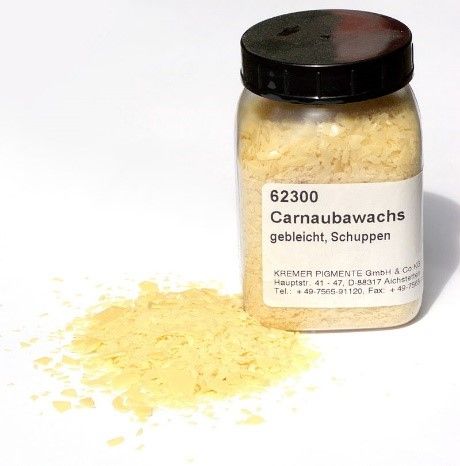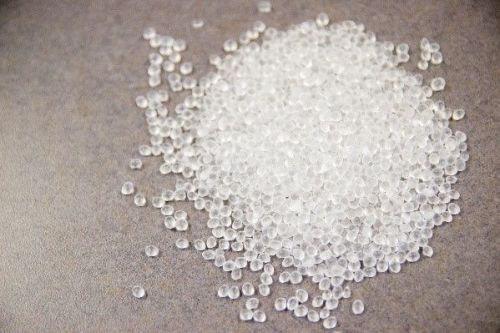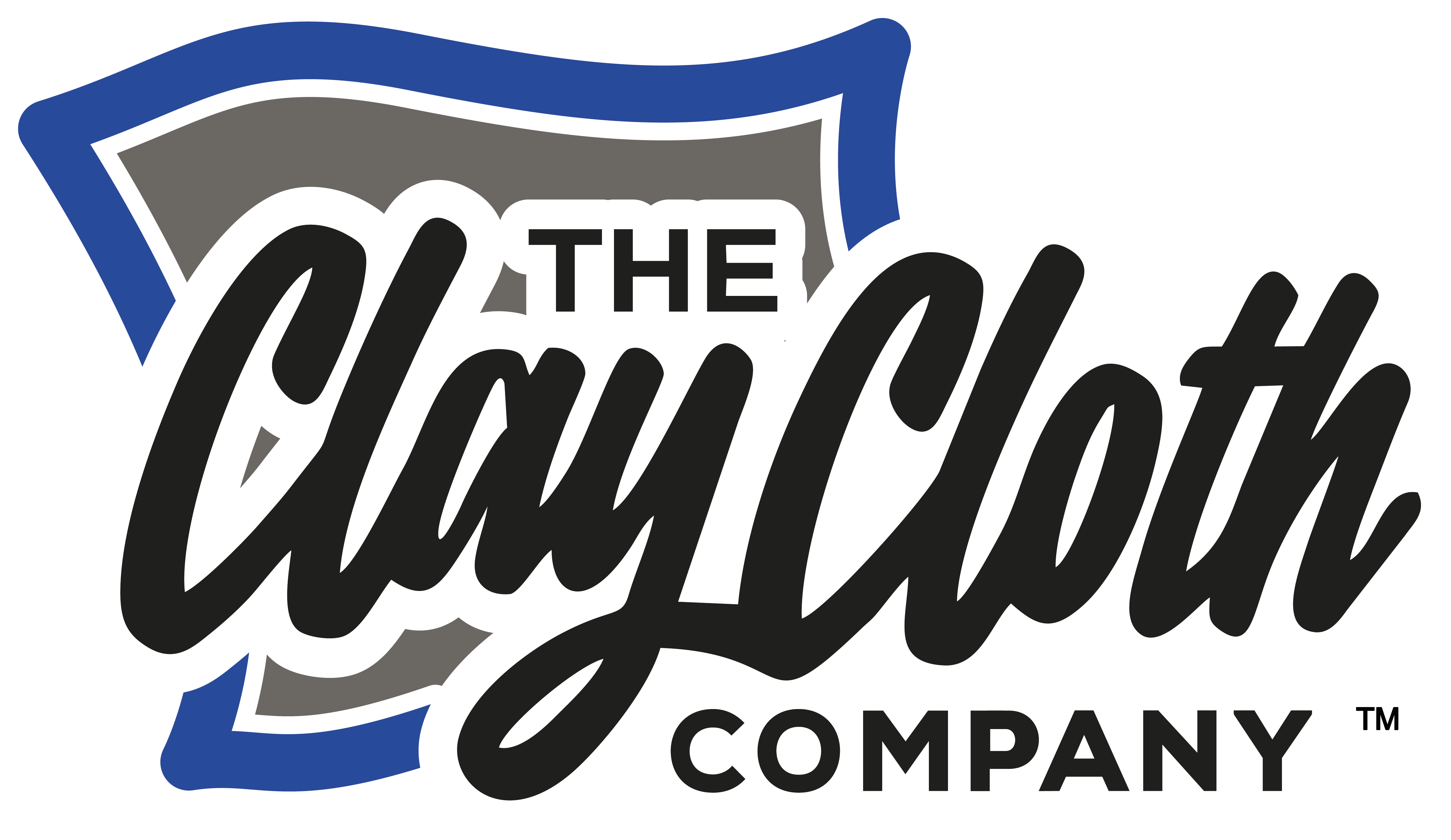Best Car Wax?
What’s the best car wax?

A question I see so many times across social media and personally asked on a frequent basis. It’s a question that on its own, is too weak, lacking depth, inadequate in trying to achieve an accurate answer without adding subsequent adjoining questions. A dichotomous question like this, one that’s a close-ended question, a single response, simply is not sufficient for reasons that will be explained later.
What do search engines reveal?

A simple search when composing this article revealed a dozen independent reviews on page 1 alone! Unsurprisingly, all generated different results adding further confusion and weight to the premise that this one simple question cannot easily be answered!
How many waxes can there be?

Your guess is as good as mine, but putting aside the numerical conundrum, there is the consideration on ‘types’ of wax. If you’re not overly familiar with car wax, then chances are you’re probably thinking there is only the traditional natural car wax.
Carnauba Wax

To be considered a ‘natural’ car wax, it must contain some carnauba wax, derived from the Brazilian Copernicia Cerifera plant. These waxes provide superb paint protection and shine and are used for that ‘showroom’ finish. These waxes command a higher price when compared to their counterpart due to the harvesting and costs involved over synthetic waxes.
Synthetic Wax

Synthetic wax or more commonly known as paint sealant is made of polymers which bond with the paint. These are sometimes preferred over natural waxes due to their longer durability and ease of application, depending on what brand you use. They are generally cheaper but on the downside, they return less shine compared to the natural wax which is provided by the carnauba content.
Contemplation

So now we know there are two types of car wax, each with their own unique properties, but going back to the initial question, to answer in a more informed way we also need to know what the person asking it is wanting from their wax; these considerations could be:
- Ease of application
- Ease of removal
- Paste wax?
- Liquid wax?
- Spray wax?
- Pigmented wax?
- Budget?
All of these questions will undoubtably change the net answer, but having those answered, are we any nearer to actually finding out what the best car wax is?
Personal opinion

A person’s opinion is purely subjective and unique only to them. What’s good for me may not necessarily be good for you. Someone may say “Brand X” is the best car wax. That may be entirely true to them, but how many car waxes have they tried? Unless they have tried ALL available car waxes on the market, they cannot accurately state this, more so that out of the ones they have tried, “Brand X” is the best! That still doesn’t however answer the initial question and certainly doesn’t help when a dozen or more people all give different answers!
People find a brand or product that they are happy with and then stick to it. A lot of people don’t like change – “if it’s not broken, don’t fix it” and that is true in many cases not always solely associated with car wax! They go with brands that are well known and often avoid brands less known about. That may give them some comfort, but they are not fully exploring the possibilities available to them. Just because a brand is not well known, doesn’t mean it’s inferior. All brands started as an “unknown” at their inception and it is always worth exploring and trying yourself following some more detailed research into that specific brand.
Testing

So we can see that asking the question on a forum or a social media platform will not return a definitive answer. The same can be said for reviews and tests conducted on the numerous motoring websites from recognised bodies.
These tests are laid out very logically, explaining what they are looking for, what features each wax has, pro’s and con’s and what eventually determines their opinion on the best car wax. What we don’t see communicated in these tests which have an effect on a result are the following:
- What prep was done prior to wax application?
- Were they all applied to the same car? If so was the paintwork returned to the exact same condition as the previous wax?
- Were conditions exactly the same during each test phase – temperature, humidity etc
I’d suggest not all test conditions are the same or as controlled as you may be lead to believe in order to provide an accurate assessment; it’s certainly not the case when private individuals test their different waxes at home on their own cars!
Available waxes?

Online reviews when studied do not yield consistent results – take a look for yourself. A dozen or so waxes will be tested, largely covering the many different types as discussed before, and also to provide a balance.
These waxes are often provided by companies to the testers predominantly for marketing reasons and exposure, whilst others are randomly selected by the corporation conducting the testing/reviews. What about then all those waxes on the market that have not been requested, nor offered that potentially could better? Albeit under the conditions they are subjected to?
This is another reason why the title ‘Best Car Wax’ is both untrue, subjective and uncorroborated, unless clarified and indicated with numerous caveats preceding the testing results!
So are we any nearer to answering this initial question? Not accurately or with anything to substantiate the answer no.
Summary

Wax is just one element of the detailing process and usually the last. Many enthusiasts will think that the application of wax is what gives the paintwork that showroom finish and some are ignorant to the knowledge that many other processes are required to achieve the full potential of their paintwork. Pre-cleaning, snow foaming, claying, two buckets, machine polishing, sealing, glazing are just some of the steps (not necessarily all required) to render your paintwork ready prior to waxing. The equipment you use will add value to the finish; a microfibre drying towel vs a chamois, a wash mitt vs a sponge as just two examples.
Different levels of prep will return different levels of finish for your chosen wax, both in terms of gloss, shine and durable protection. An ill-treated paint canvas will prevent waxes from bonding correctly and the subsequent finish will be affected.
So next time someone asks you the question “what’s the best car wax?” you’ll need to ask them a myriad of further questions back to get anywhere close to coming up with your own subjective and personal choice, accompanied by many caveats!
Do The Clay Cloth Company sell the ‘Best Car Wax’? but of course we do!
